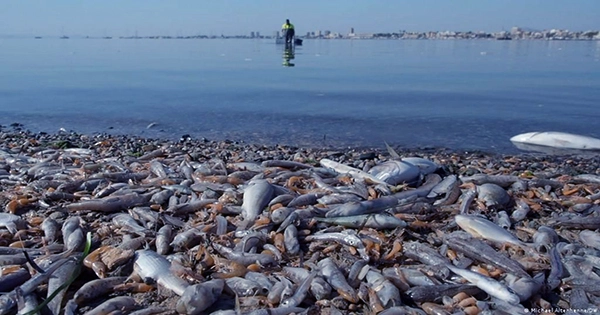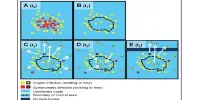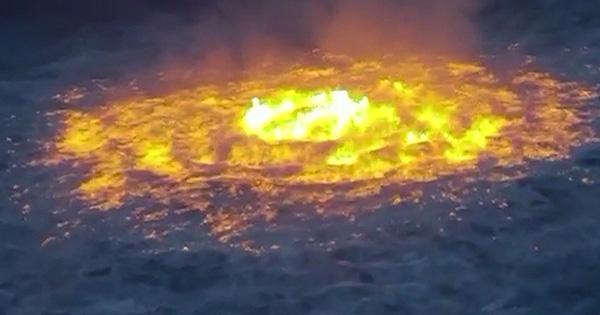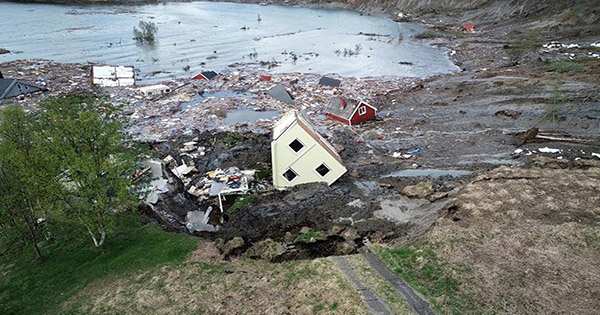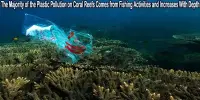The Senate in Madrid has granted the Mar Menor lagoon on Spain’s southeast coast personhood status, allowing for legal action on behalf of the endangered ecosystem against polluters. The new law, which grants such rights to a natural area for the first time in Europe, was passed after more than 640,000 Spaniards signed a petition demanding that the lagoon be regarded on par with people.
The largest saltwater lagoon in Europe, Mar Menor, has recently been severely harmed by agricultural runoff from surrounding fields, with dire effects for the native animals. For example, contamination from fertilizers has repeatedly led to algal blooms that decrease the water’s oxygen content and cause massive die-offs.
A critically endangered species of fan mussel has virtually disappeared from the lagoon as a result of such incidents, and several seahorses, crabs, and eels have also perished. Millions of dead fish began washing up on the coast, and the locals, many of whom rely on tourists for a living, decided enough was enough.
The 1,600 square kilometer (618 square mile) region covered by the citizen-led project includes the lagoon and the nearby coastline. Three senators abstained, leaving 230 senators in favor of the new law. The far-right Vox party was the only organization to oppose the measure by petitioning for a veto, which was ultimately refused.
As a result, Mar Menor’s ability to exist, develop naturally, and be restored is acknowledged by law. The ecology will now be represented by a committee that will serve as its legal guardian, just like a person. This committee has the power to file lawsuits and pursue other legal actions on behalf of the lagoon against people who violate its basic rights.
Although such a rule has never been enacted in Europe, other regions have already adopted comparable regulations. In 2017, the New Zealand government recognized the Whanganui River as having personhood rights, formally recognizing the claims of the area’s Indigenous populations to the waterway as one of their ancestors and acknowledging that their well-being was intimately connected to the ecosystem.
The Ganges and its tributary, the Yamuna River, were given all of the legal rights accorded to human beings shortly after that by an Indian court.
For years, environmentalists have worked to preserve and restore Mar Menor in Spain. Most recently, they cleared the lagoon of over 19,000 tonnes (42 million pounds) of algae. But because it had no legal rights of its own, the lagoon has up to now been helpless to stop contamination.
Legislators and environmentalists think that by granting the ecosystem citizenship, they would be able to put an end to this harm and allow the lagoon and its wildlife to recover.
